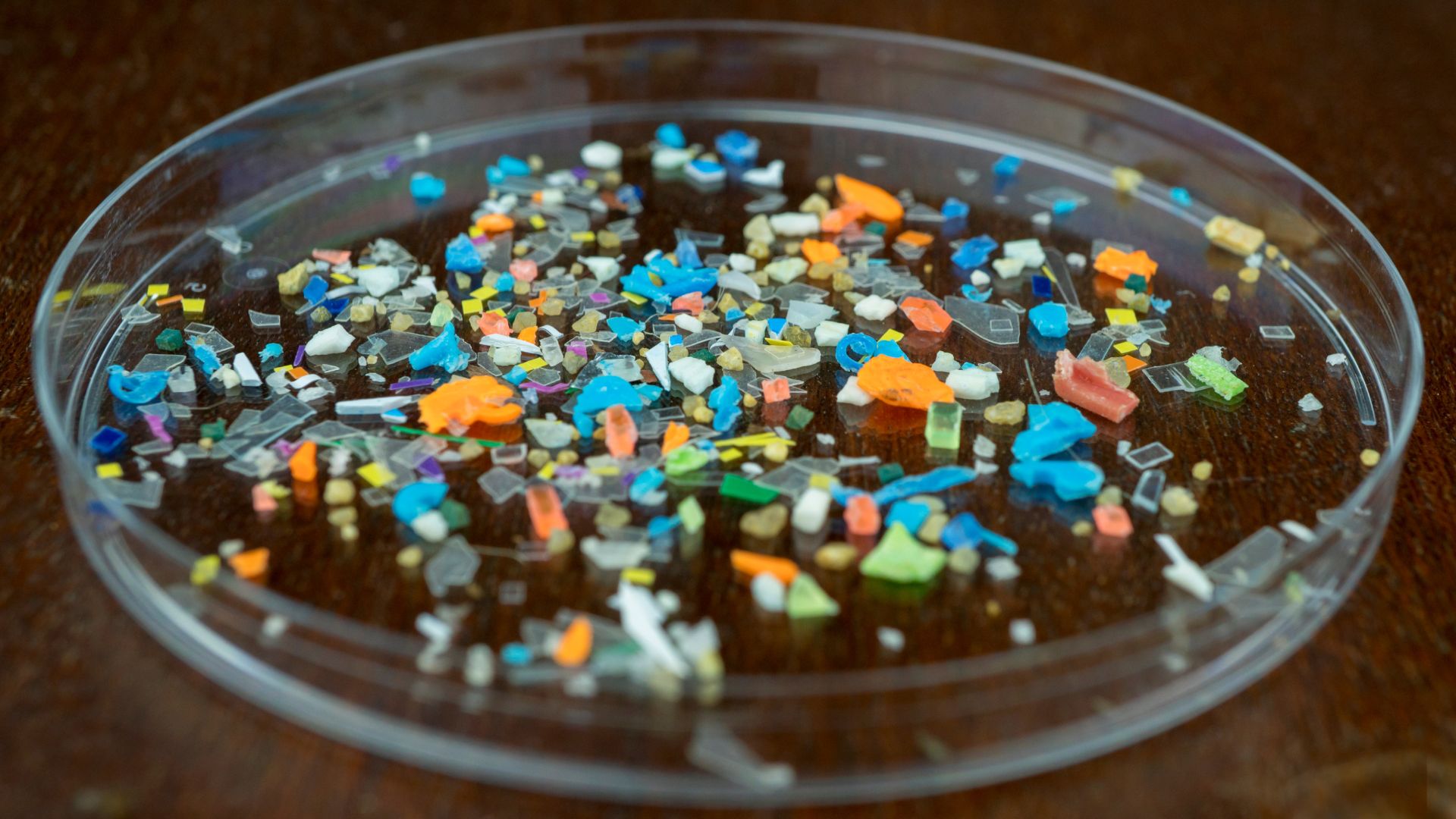New Delhi, October 2024: Microplastics, tiny plastic particles less than five millimeters in size, are ubiquitous in the environment and have infiltrated every part of human lives. From oceans and soils to the food people eat and the water they drink, they have permeated the very core of ecosystem. Recent research reveals a concerning link between microplastics and human health, especially regarding their impact on the bloodstream, heart disease, and even neurological disorders.
The Food and Agriculture Organization (FAO) also recently released a report that found microplastics in common food items, such as sugar and salt. The ongoing Indian project on microplastic contamination in food aims to fill this gap, providing vital insights into the exposure levels in Indian consumers. A groundbreaking study published in Environment International in 2022 found microplastics in human blood for the first time, raising alarm over the potential health risks associated with these particles. The study examined blood samples from 22 anonymous donors and detected microplastics in 17 of them. Most notably, polyethylene terephthalate (PET), commonly found in beverage bottles, and polystyrene (PS), used in food packaging, were prevalent in the samples.
According to Dr. Praveen Gupta, Principal Director & Chief of Neurology, Fortis Hospital "Once microplastics enter the bloodstream, they can trigger an immune response, leading to persistent inflammation. This chronic inflammation has the potential to disrupt normal bodily functions, and over time, is strongly associated with a range of serious health issues, including cardiovascular diseases and neurological disorders. The long-term impact of microplastic exposure is becoming a critical concern for public health."
A 2023 study by researchers from the University Medical Center Utrecht in the Netherlands explored the relationship between microplastics and cardiovascular health. They found that microplastics could accumulate in blood vessels, contributing to the formation of plaques, which is a key factor in atherosclerosis—a condition that narrows and hardens arteries. Ultimately the risks of cardiovascular diseases including heart attacks increases.
“The presence of foreign particles in the bloodstream may lead to inflammation, oxidative stress, and damage to blood vessels. With increasing exposure to microplastics over a period of time, the damage can be severe, contributing to cardio disorders. Given the rise in cardiovascular diseases globally, understanding the role of environmental factors like microplastics is crucial," said Dr. Shilpa Gupta, Associate Director – Pathology, Asian Hospital.
In addition to cardiovascular concerns, microplastics have been shown to potentially affect brain health. “We are finding increasing evidence that neurological conditions such as Parkinson's, Alzheimer's, and even brain strokes are closely linked to environmental pollution and toxicity. Microplastics have now emerged as a significant concern. Once these tiny particles enter our bloodstream, they can cross the blood-brain barrier, compromising the protective shield that safeguards our brain from harmful substances. Studies reveal that that microplastics could contribute to neuroinflammation—an immune response in the brain that has been linked to several neurological disorders. We have evidence that microplastic particles interferes with neurons, leading to inflammation and, over time, accelerating cognitive decline,” added Dr Praveen Gupta.
"Microplastics pose an underestimated threat to brain health," said Dr Bhaskar Shukla, Senior Consultant- Neurology, PSRI Hospital," The blood-brain barrier is highly selective, but microplastic particles are small enough to bypass this defense. Over time, the buildup of these particles could contribute to neurodegenerative diseases."
India has increasingly recognized the issue of microplastic pollution, and there have been several studies conducted by Indian researchers on the impact of microplastics on health and the environment. A study conducted by Institute of Advanced Study in Science and Technology (IASST), Guwahati in 2020 found microplastic contamination in freshwater bodies in Assam.
Given the growing body of evidence linking microplastics to serious health issues, the experts underpinned the need for urgent action. Reducing plastic production and limiting single-use plastics are critical steps in mitigating the prevalence of microplastics. Additionally, regulatory bodies must establish stricter guidelines for the use of plastics in consumer goods and push for the development of safer alternatives.
The experts said that the government has taken some initiatives but more needs to address the challenges pertaining to this public health hazard. The government’s project titled "Micro-and Nano-Plastics as Emerging Food Contaminants is being carried out in collaboration with institutions like the CSIR-Indian Institute of Toxicology Research (Lucknow), ICAR-Central Institute of Fisheries Technology (Kochi), and Birla Institute of Technology and Science (Pilani). The initiative aims to develop validated methodologies for detecting microplastics in various food products and to assess their prevalence and exposure levels in India.
"From heart disease to neuroinflammation, the invisible dangers of microplastics may have far-reaching consequences for public health. The challenge is multifaceted, involving environmental, industrial, and healthcare sectors. We need comprehensive policies that address plastic pollution and emphasize the health risks associated with long-term exposure to microplastics. Only through a coordinated effort can we mitigate the impact on human health," concluded said Dr. Ashish Agarwal, Director- Cardiology, Aakash Healthcare.

 The emerging link between Microplastics in the Bloodstream and their potential role in triggering Cardiovascular and Neurological disorders
The emerging link between Microplastics in the Bloodstream and their potential role in triggering Cardiovascular and Neurological disorders










.jpeg)

.jpeg)
.jpeg)
.jpeg)

.jpeg)
.jpeg)
.jpeg)
_(1).jpeg)

_(1)_(1)_(1).jpeg)
.jpeg)
.jpeg)
.jpeg)






